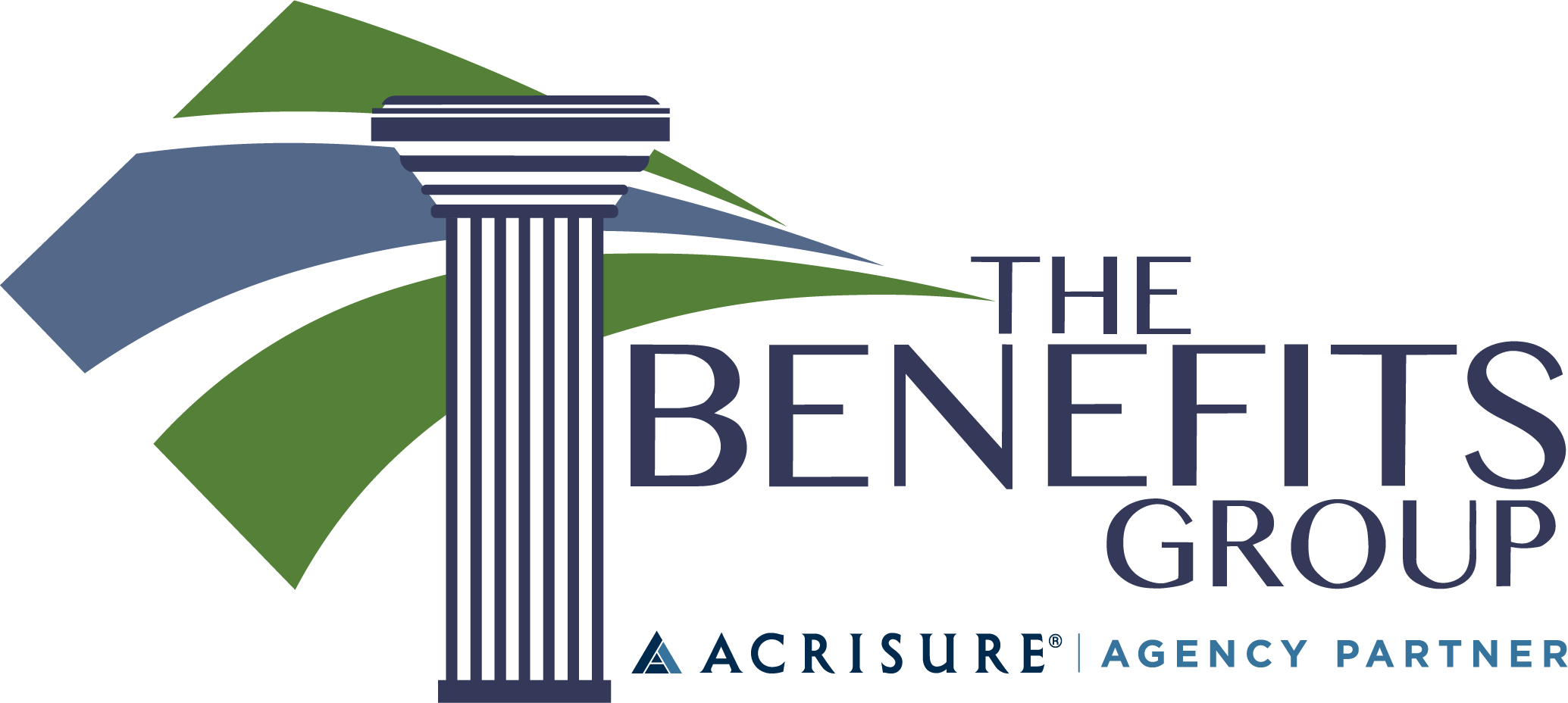Compliance
Human Resource Compliance
Ever-evolving federal requirements and deadlines regarding employee benefits serve as an ongoing challenge for employers. Attempting to comply with changing regulations can be incredibly daunting. To further complicate and intensify the stress of compliance, failure to comply properly means companies are at an increased threat of undergoing an audit. Non-compliance penalties can be quite costly.
Compliance efforts are a full-time job. Assigning this responsibility to a human resources staffer or administrative employee to handle takes them away from their primary job duties. The learning curve can be steep for a worker who is not familiar with the dos and don’ts of compliance.
Working with a qualified and experienced compliance expert minimizes the demands on your company. Plus, you’ll be aligned with someone who is well-versed and up-to-date on all matters of compliance, ensuring that you are properly providing employees with benefits as identified by the federal government.
The most common federal regulations with which businesses must comply include:
FMLA
- Up to 12 work weeks of unpaid leave during any 12-month period.
- The opportunity to have their same job when they return to work or, a job that is equal in responsibilities, pay, and benefits.
- Group health insurance benefits.
- Protection of employee benefits.
- No retaliation for exercising the right to invoke the FMLA.
COBRA
Through COBRA, employers are required to continue to offer group health coverage at group rates for employees who are losing coverage. Whether individuals are retiring, their hours have been reduced, or they are facing termination, COBRA applies.
ERISA
The minimum ERISA standards demand that employers:
- Disclose relevant plan information, including features and funding, to employees by a certain deadline.
- Set minimum benchmarks for participation in plans, as well as vesting, benefit accrual, and funding.
- Follow a strict fiduciary code of conduct.
- Create a grievance and appeals process so participants can pursue benefits from their plans.
- Disclose (in some states) plan information.
HIPAA
Companies that provide healthcare coverage to their employees are required to have physical, technical, and network safeguards in place to protect personal health information (PHI). These security measures must be followed to prevent unregulated access to sensitive patient information and electronic health records.
ACA
Under the ACA compliance rules, employers are required to:
- Identify full-time employees and offer them minimum essential coverage.
- Show proof that eligible full-time employees were offered coverage and who accepted and who waived coverage.
- Report the cost of employer-sponsored group health plans to be transparent about the total cost of individual healthcare for each employee’s chosen plan.
- Educate employees about the purpose of the tax forms related to ACA compliance.
- Provide employees with the correct information about the coverage and benefits they have.
Through our preferred vendor, we at The Benefits Group are here to help you stay protected all year and every year. Our wide selection of compliance services manages the workload for you, and we connect your company with a compliance expert who is prepared to guide you. Contact us today to talk about outsourcing your compliance needs.
The Benefits Group – Your Source For Michigan Group Health Insurance.
Have questions? Take advantage of our extensive insurance resources.
Contact Us
